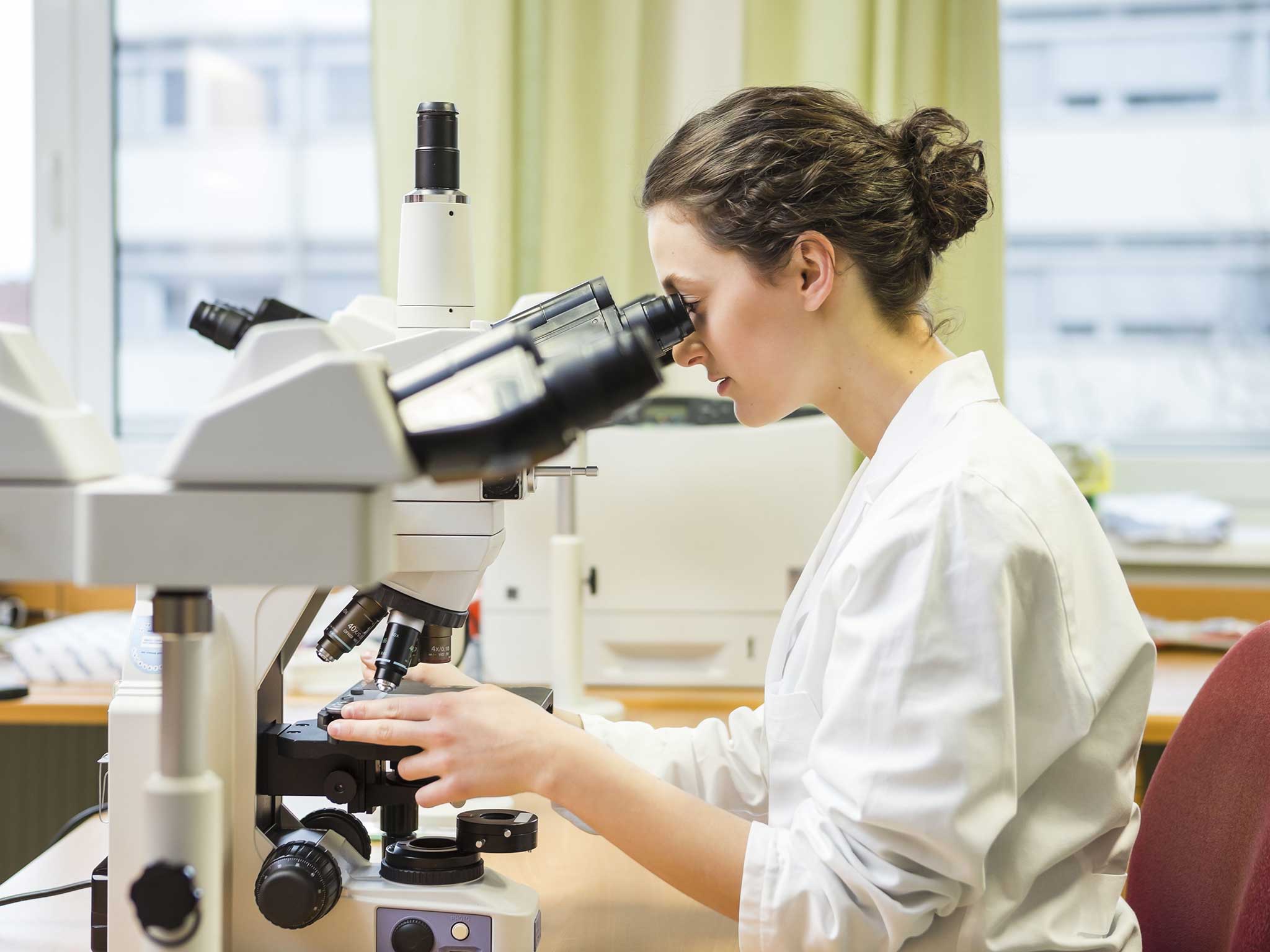Losing weight may be down to the diversity of microorganisms in the gut, scientists find
Researchers hope doctors may soon be able to prescribe specific diets for patients based on the composition of their gut

Losing weight may be all in the gut, scientists believe.
Researchers at Chalmers University of Technology believe the composition of microorganisms in a person’s gut can affect how they lose weight.
Using a mathematical formula, they can predict how people will respond to changes in their diet, according to the results of a trial published in Cell Metabolism.
The gut can contain as many as 1,000 different types of bacteria and microorganism, some of which affect a person’s metabolism.
The EU funded project, coordinated by professor Karine Clement at Institute of Cardiometabolism and Nutrition, has allowed researchers to “get a handle on the basic mechanisms in human metabolism," says Chalmers University professor Jens Nielsen, head of the research team.
The complexity of the gut’s microcosms – there can be as many as 1,000 different types of bacteria present – has so far meant a causal study of the relationship between food and the gut’s processes has eluded scientists.
Scientists found people with a higher concentration of diverse microorganisms in their gut produced fewer amino acids when placed on a trial diet. This in turn improved their blood chemistry, leading to better health overall.
Mr Nielson believes by using his study’s findings, doctors may soon be able to prescribe specific diets for patients based on the composition of their gut.
"In the long term we might be able to add intestinal bacteria for patients whose metabolism does not function properly," Ms Clement explained.
Join our commenting forum
Join thought-provoking conversations, follow other Independent readers and see their replies
Comments